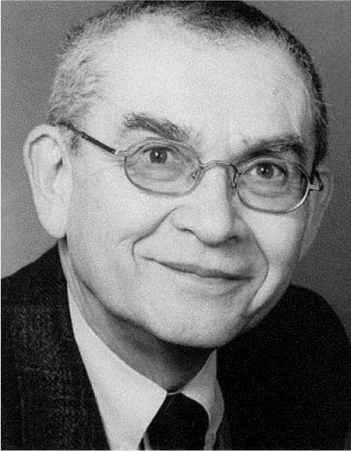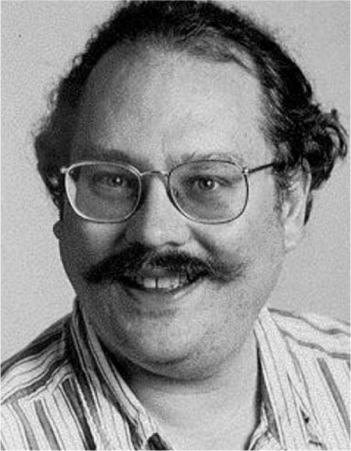Manin, Shor Win King Faisal Prize
DOI: 10.1063/1.2408456
Yuri I. Manin and Peter W. Shor are sharing this year’s King Faisal International Prize for Science (Mathematics), which comes with a cash award of about $200 000. The King Faisal Foundation in Riyadh, Saudi Arabia, named the two winners last November.
Manin was cited as “a towering figure in mathematics for the past four decades.” According to the foundation, “his work extends from the most abstract field of number theory to the most practical, dealing with the establishment of secure mathematical foundations for present-day physical theories explaining the structure of matter and the universe.” He is a director of the Max Planck Institute for Mathematics, located in Bonn, Germany. He is also a researcher at the Steklov Mathematical Institute of the Russian Academy of Sciences and a Board of Trustees Professor at Northwestern University.
The foundation characterized Shor, a member of AT&T Labs Research at the AT&T Shannon Laboratory in Florham Park, New Jersey, as “an outstanding scientist in the field of computer science.” According to the citation, not only did Shor “point out links between the theory of numbers and that of quantum computers, but he developed intellectual tools to show that quantum computing can tackle exceedingly difficult problems more quickly than contemporary computers.” Among these problems, added the foundation, is “resolving a very great integral number into its primary factors, the so-called factoring problem.”
The King Faisal International Prize was first awarded in 1979. This year, in addition to the science prize, the foundation also awarded prizes in the categories of service to Islam, Arabic literature, and medicine.

MANIN


SHOR





